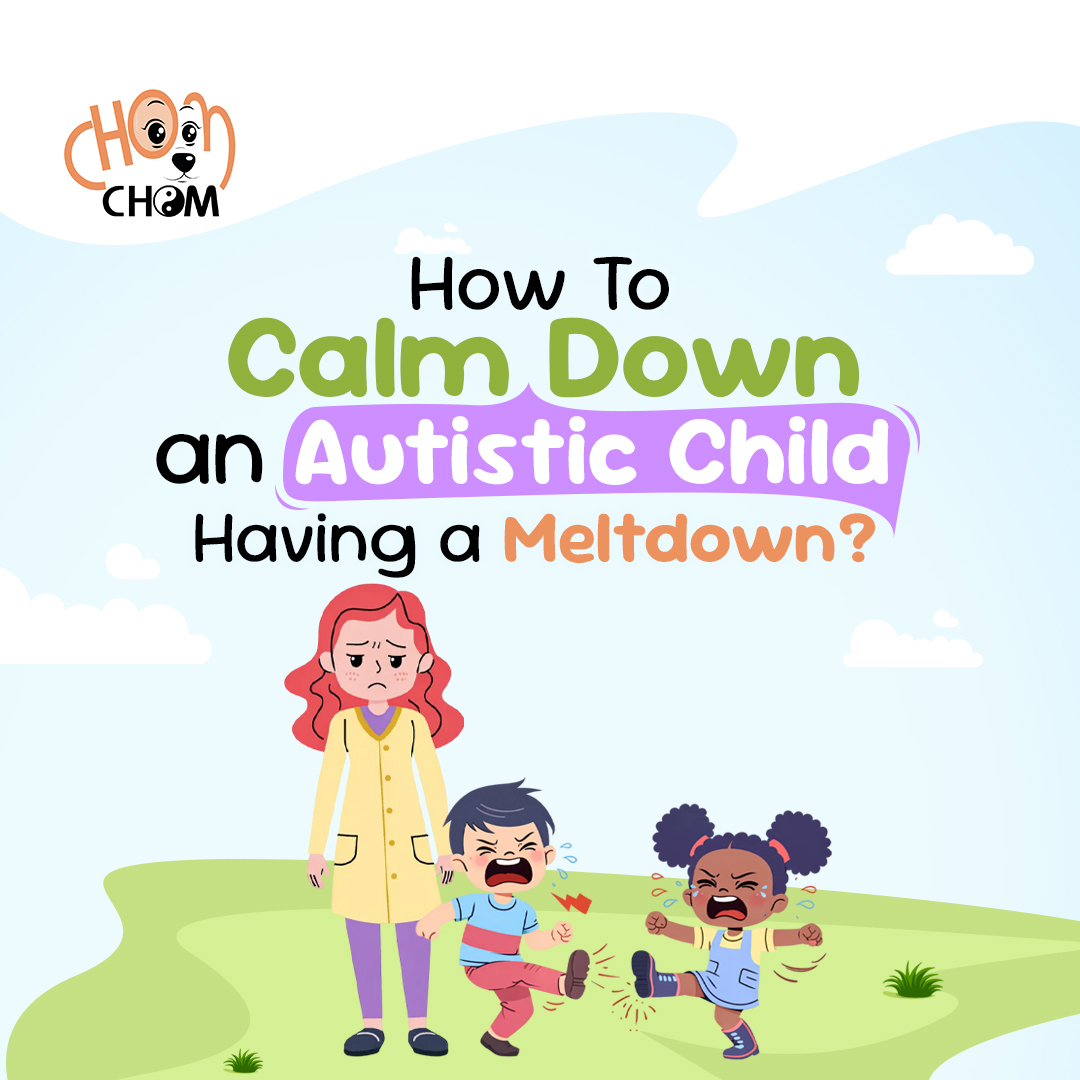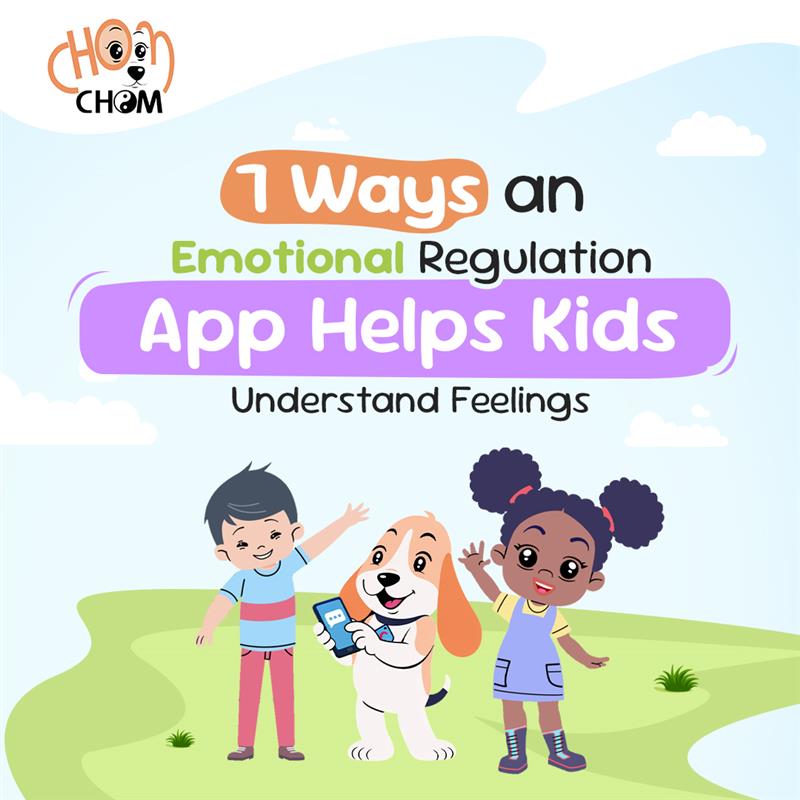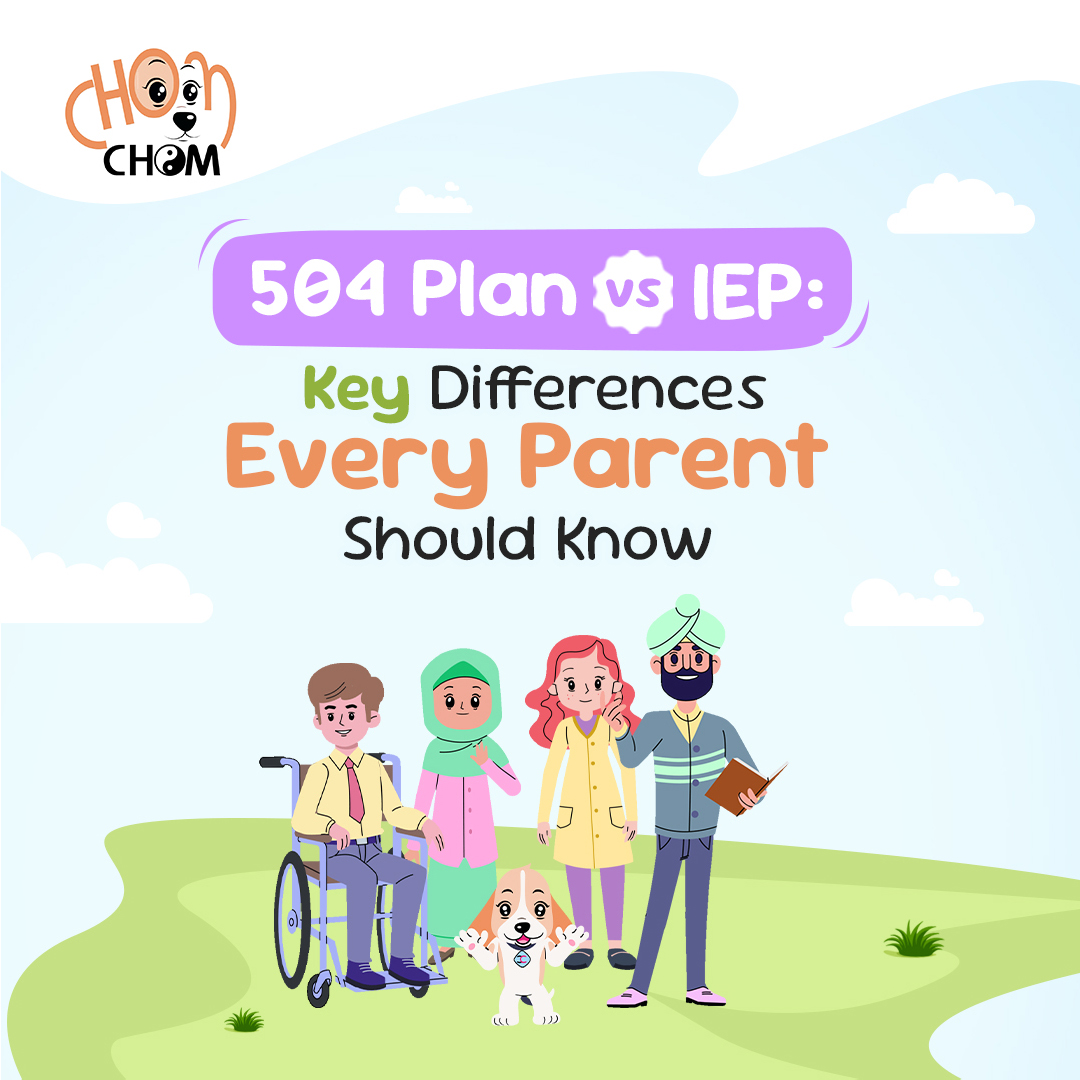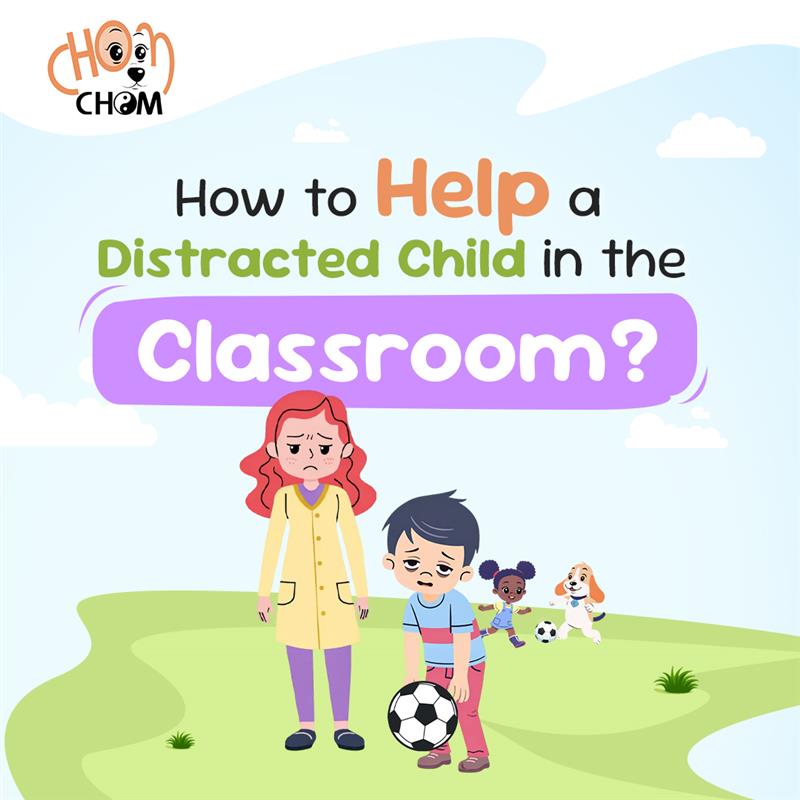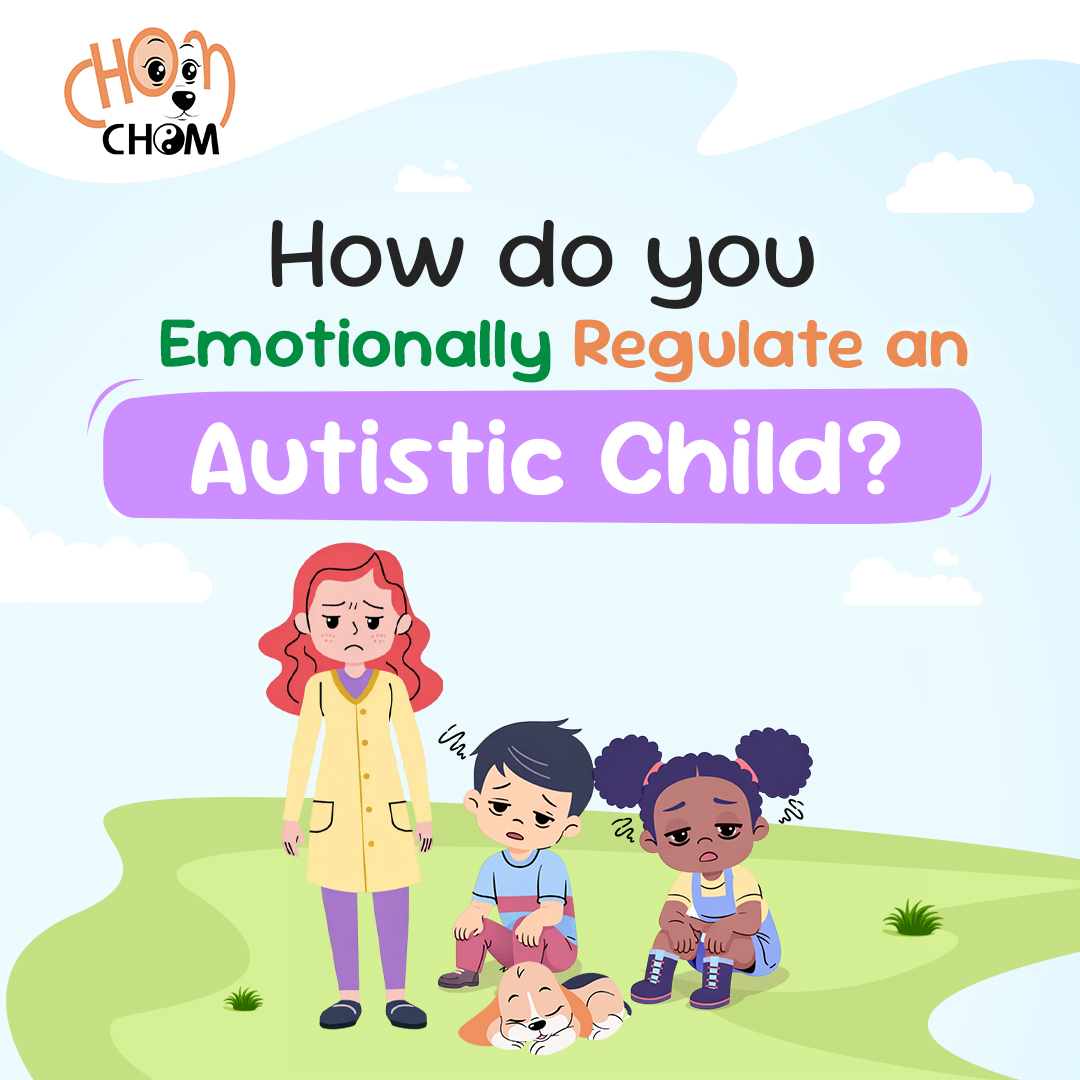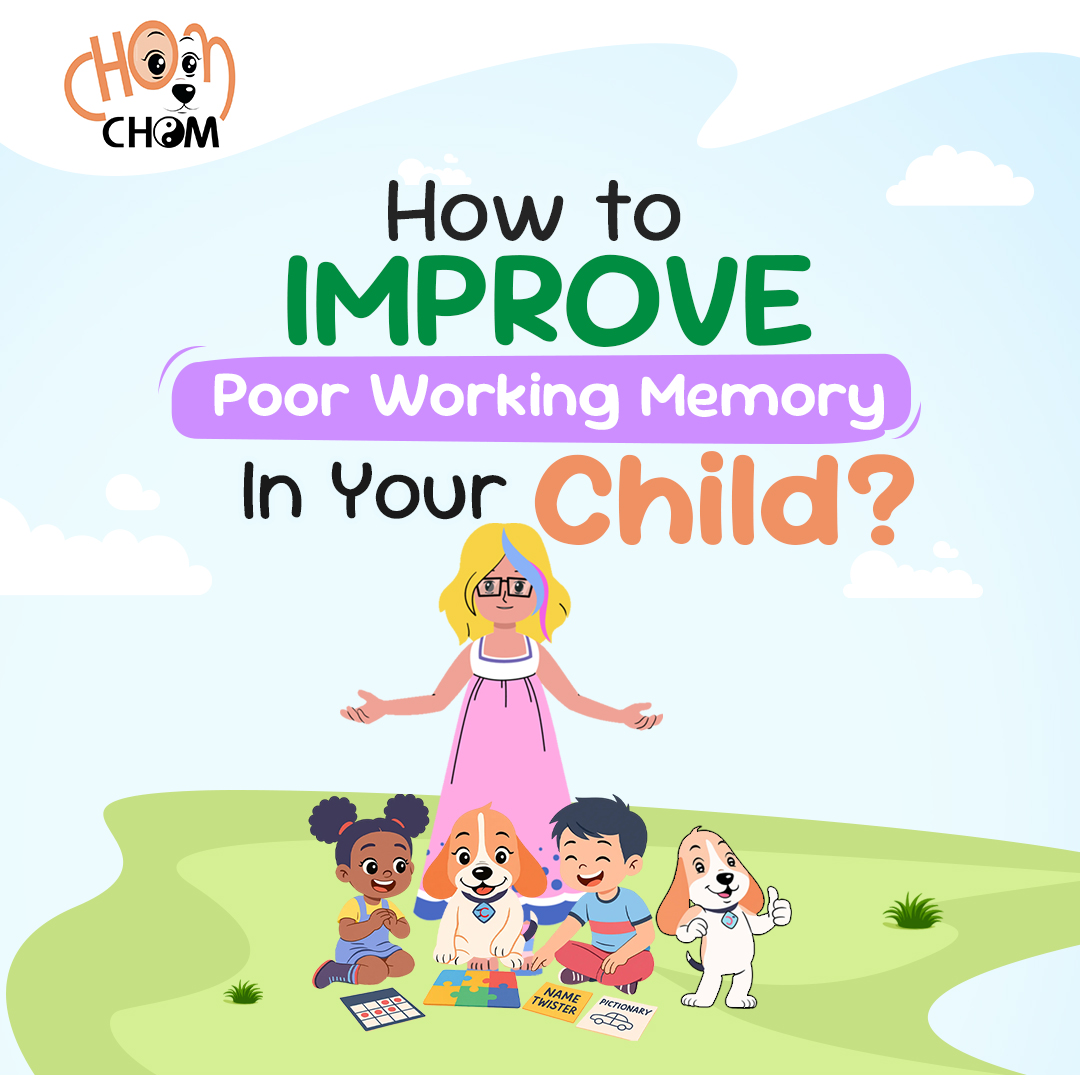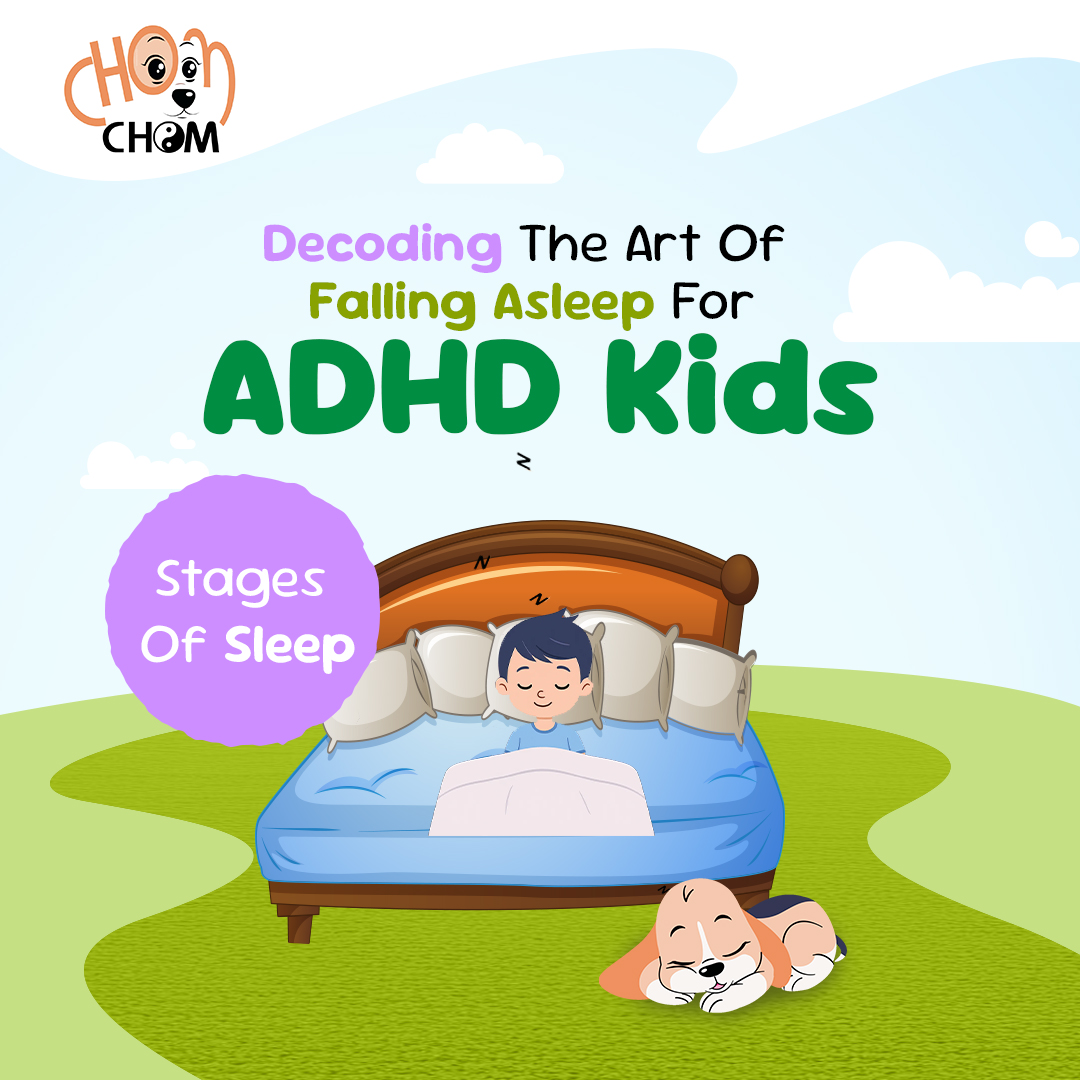
Helping a child with ADHD fall asleep can often feel like solving a puzzle without all the pieces. You set a routine, dim the lights, remove distractions, and still, sleep doesn’t come easily.
That’s mainly because for many ADHD children, the process of winding down is much more than just about getting into bed. It’s about helping their brain transition from high alert to rest mode.
To truly support restful nights, it’s essential to understand the stages of sleep and how each one impacts your child’s body and brain. The stages represent real, active processes that help your child grow, heal, regulate emotions, and learn more effectively.
In children with ADHD, these sleep stages get disrupted due to hyperactivity, anxiety, sensory sensitivity, or difficulty with transitions. It often leads to fragmented sleep, trouble waking up, or excessive tiredness during the day. All these make ADHD symptoms more pronounced.
In the sections below, we will gently walk you through each stage of sleep and decode what happens while your child rests. We will also discuss the importance of sleep hygiene and how to handle ADHD sleep issues.
Stay tuned.
Why Getting Enough Sleep Is Important for ADHD Kids?
As a parent or caregiver of a child with ADHD, you know that their needs often go beyond the typical bedtime routine. Sleep plays a vital role in your child’s overall well-being, especially when managing ADHD symptoms.
Yes, it’s easy to focus on daytime strategies like medication, therapy, or behavior tools. Restful sleep is just as important, if not more.
When kids with ADHD don’t get enough quality sleep, their symptoms can intensify. They may struggle more with attention, impulsivity, emotional regulation, and hyperactivity.
On the other hand, a well-rested child tends to be calmer, more focused, and emotionally balanced. Below, we have elaborated why getting enough sleep matters for ADHD children:
- Improves Focus and Attention: A well-rested brain is better capable of concentrating. When your child gets adequate sleep, they can focus longer on schoolwork, instructions, and even play.
- Supports Emotional Regulation: Sleep gives your child’s brain time to process and balance emotions. With enough rest, your child is less likely to be irritable, overwhelmed, or reactive throughout the day.
- Reduces Hyperactivity: Lack of sleep increases restlessness. When your child sleeps well, their energy levels remain more stable. It becomes easier for them to stay still and calm when needed.
- Boosts Memory and Learning: Sleep helps lock in new information. Whether your child is learning Mathematics or social skills, restful sleep enables them to apply what they have learned.
- Strengthens the Immune System: Kids who sleep well tend to be healthier. A strong immune system allows your child to participate fully in school and social activities without frequent illness interruptions.
As your child goes through different stages of sleep, each contributes to brain development, emotional healing, and cognitive growth. If these cycles are disrupted, your child may wake up feeling groggy, unmotivated, or confused. As a result, ADHD symptoms become harder to manage.
Several factors affect how well your child sleeps. These include bedtime consistency, screen use before bed, physical activity, and even their sleeping environment. You can establish a calming bedtime routine to make a world of difference.
In the end, keep bedtime consistent and create a soothing wind-down routine. Remember, rest is a key part of their success.
Stages of Sleep for Neurodivergent Kids
If you are raising a neurodivergent child, you likely know that sleep can feel like a daily challenge. Be it ADHD, autism, or anxiety, their sleep patterns might not follow the same rhythm as other children.
How the body cycles through the four stages of sleep can help you support your child’s rest more effectively.
Sleep is not just a time when the body shuts down. Instead, it’s a complex and active process that helps the brain recharge, emotions settle, and the body grow. For neurodivergent kids, who often experience heightened sensory input and emotional intensity, each stage plays a critical role.
Let’s walk through the stages of sleep and how they affect your child in restoring balance:
Stage 1 – Light Sleep (N1)
At this point, your child begins to drift from wakefulness into sleep. Their body relaxes, breathing slows, and they might twitch or stir easily.
Children with heightened sensitivity may struggle here if there is too much noise, light, or stimulation. Creating a calm and predictable bedtime routine gently guides them into this phase.
Stage 2 – Deeper Light Sleep (N2)
In this stage, your child’s brain starts to slow down. Body temperature drops, and eye movements stop. It’s when the body prepares for deep rest. Kids might still wake easily here, especially if they are anxious or hypervigilant.
Weighted blankets or soft music can offer comfort and security.
Stage 3 – Deep Sleep (N3)
It’s the most restorative stage. Here, your child’s brain waves slow down significantly. The body releases growth hormones, the immune system strengthens, and emotional processing begins.
For neurodivergent children, especially those with ADHD or sensory issues, reaching and staying in deep sleep can be difficult. However, it’s vital.
Introducing ADHD focus activities and maintaining consistency in sleep habits can help protect this stage.
Stage 4 – REM Sleep (Rapid Eye Movement)
It’s where dreaming occurs, and the brain becomes more active. REM sleep helps your child process emotions, form memories, and support learning. Children with neurodivergent brains often spend less time in this stage if they do not get enough sleep.
However, when they do reach REM, it helps integrate everything they have absorbed during the day.
As a parent, it’s natural to worry when your child doesn’t sleep well. But with understanding and patience, you can create an environment that nurtures healthier sleep cycles. In that process, making small shifts in bedtime habits makes a significant difference.
Remember, every step you take toward improving sleep makes a meaningful difference in your child’s emotional and cognitive well-being.
What Is ADHD Sleep Problem, And How Does It Impact A Child?
Sleep challenges are prevalent among children with ADHD. To be specific, they are not just about staying up late. The ADHD sleep problem affects every part of your child’s day, including:
- How they learn and behave
- And regulate their emotions
As a parent, it’s heartbreaking to watch your child struggle to fall asleep, stay asleep, or wake up feeling exhausted. The first step towards finding gentle, effective ways to support them is understanding the patterns behind their sleep issues.
Here are the most common sleep-related struggles in kids with ADHD and how they impact your child’s well-being –
1. Bedtime Resistance
Your child may resist bedtime even when they are tired. They might stall with endless requests, feel restless, or simply refuse to settle. Such resistance is not about being difficult.
Rather, it’s often how they cope with the transition from an active mind to rest. Being firm yet nurturing with bedtime boundaries helps ease them into the process.
2. Bedtime Anxiety
As night approaches, your child might express fear, worry, or emotional overwhelm. They may feel scared to be alone, fear the dark, or dread nightmares.
Such bedtime anxiety stems from a racing mind that’s hard to quiet. Gentle reassurances, soothing rituals, and calming bedtime activities work wonders.
3. Delayed Sleep
Even with the lights off and the room quiet, your child might lie awake for hours. Their brain may continue racing with thoughts, ideas, or hyperactivity.
The delay in falling asleep makes them more tired the next day, affecting attention, mood, and behavior. Creating a consistent routine and limiting screen time before bed can make a meaningful difference.
4. Specific Sleep Routines
Many kids with ADHD become dependent on specific bedtime routines or conditions. Whether it’s a certain blanket or a particular song, these rituals help them feel in control.
While it may seem rigid, honoring these preferences provides a sense of security and promotes smoother transitions to sleep.
5. Irritability and Restlessness
When sleep doesn’t come easily, frustration builds. Your child might become cranky, fidgety, or emotionally reactive, especially in the evening.
Such restlessness is both emotional and physical. By recognizing the signs early, you can create space for winding down before bedtime turns into a battle.
6. Frequent Night Waking
Even after falling asleep, some children wake up multiple times during the night. They might come to your room, need reassurance, or struggle to fall back asleep alone. These night wakings disrupt the quality of their rest and leave them feeling drained.
A calm, consistent response during these moments can help them feel safe and return to sleep more easily.
7. Daytime Sleepiness and Trouble Waking Up
Despite spending hours in bed, your child may still wake up tired or struggle to get going in the morning. It happens when their sleep is not restful or deep enough. Poor sleep leads to lower energy, poor focus, and heightened ADHD symptoms during the day.
It’s a MUST to support healthier sleep habits over time, which gradually improves their mornings.
Sleep Hygiene and Its Importance
If you are parenting a child who struggles with rest, you have likely heard the term sleep hygiene. But what does it mean, specifically for a child with ADHD?
Sleep hygiene refers to the healthy habits and environment that support quality sleep. For a child facing an ADHD sleep issue, even minor improvements in sleep hygiene can make a big difference.
In simple terms, sleep hygiene is about setting the stage for rest. It’s not just about going to bed early. Instead, it is about creating a calm routine, reducing distractions, and making bedtime predictable.
Children with ADHD often have racing thoughts, sensory sensitivities, and bursts of energy at night. As a result, they need extra support to settle both body and mind.
Below are some points on how you can build better sleep hygiene –
- Establish a consistent bedtime and wake-up time, even on weekends. It helps regulate your child’s internal clock.
- Create a calming bedtime routine with activities like warm baths, gentle stories, or soft music. Familiar routines coupled with effective emotional regulation activities offer a sense of security.
- Limit screen time at least an hour before bed. Blue light from devices can disrupt melatonin production and delay sleep.
- Make the bedroom sleep-friendly—dim the lights, keep noise low, and ensure the room feels safe and cozy.
Over time, these practices will help your child fall asleep more easily and stay asleep longer. You may not see overnight changes. Nevertheless, with consistency and empathy, you can build a stronger foundation for your child’s overall well-being.
How to Handle ADHD Sleep Issues in a Child Who Can’t Sleep?
Every child is different, and what works for one may not work for another. If you are dealing with an ADHD sleep issue child, remember that these sleep challenges can affect every part of their day.
But your love, consistency, and willingness to adapt will always matter. You need to keep showing up, adjusting gently, and reminding yourself that better sleep is possible.
1. Keep a routine
Stick to a consistent bedtime and wake-up time every day, even on weekends. Children with ADHD thrive on structure. And a predictable routine helps their bodies and minds know when it’s time to wind down.
A gentle sequence of activities like brushing teeth, reading a book, or stretching quietly can create a comforting rhythm.
2. Establishing a healthy sleep environment
Make your child’s bedroom a calm, distraction-free zone. Keep the lights low, minimize noise, and consider using white noise or a soft nightlight. Avoid keeping stimulating toys, electronics, or clutter near the bed.
A peaceful sleep space sends the message that this is a place for rest.
3. Addressing the child’s needs before bed
Take a few minutes before bedtime to check in with your child. Are they hungry, thirsty, or worried about something? Meeting these needs ahead of time prevents stalling tactics and builds trust.
When kids feel seen and supported, they are more likely to settle down without resistance.
4. Reducing anxiety and dependence on caregivers
It’s natural for children with ADHD to feel anxious at bedtime or become overly dependent on a parent’s presence. You can gently reduce this by staying close but encouraging independence. For instance, you may sit quietly in the room, tuck them in bed, and then gradually move farther away.
It’s necessary to reassure them with your voice or presence and remind them they are safe.
6. Building Positive Daytime Routines with Engaging Games
During the day, help your child burn off energy through creative play, outdoor time, and sensory-friendly video games. When kids move their bodies and use their minds in engaging ways, it helps reduce physical tiredness at bedtime.
Daytime routines directly impact nighttime success, so keep the fun structured and balanced.
How can ChomChom help?
Sleep challenges of your ADHD child can feel overwhelming when they are nightly battles. As a parent, you are doing your best, and we want you to know you’re not alone. With patience, consistency, and small supportive changes, you can help your child experience more peaceful nights.
ChomChom Tech delivers engaging, therapist-designed games like Mood Quest and Color Catch Adventure to help children with ADHD develop emotional regulation, focus, and calm skills. These tools gently reinforce self-awareness and stress reduction, which can make transitions into sleep smoother.
Emotional regulation before bedtime can help your little one sink into the natural stages of sleep more easily.
Give our curated fun games and meditation sessions a try today and help your child move through the stages of sleep with confidence! For additional help, don’t hesitate to contact us.
FAQs
- How Much Sleep Does A Child With ADHD Need?
A child with ADHD typically needs 9 to 11 hours of sleep each night. Sleep supports focus, emotional regulation, and healthy development. Quality rest allows them to move through all stages of sleep, especially those needed for memory and healing.
- How Long Should A Bedtime Routine For A Child With ADHD Be?
You can aim for a calming 30- to 45-minute bedtime routine. This gives your child time to wind down and transition smoothly into sleep. Include predictable, soothing activities that reduce stimulation and help prepare the brain for rest and peaceful ADHD dreams.
- Why Does A Child With ADHD Wake Up Early?
Children with ADHD may wake up early due to restless sleep, light sensitivity, or anxiety. If they don’t reach deep stages of sleep, their rest feels incomplete, this makes them alert too soon. Create a consistent routine to help extend their rest.
- Should I Adjust My Child’s ADHD Medication If They Wake Up Early?
If your neurodiverse child regularly wakes up early and appears restless or irritable, consult their healthcare provider. Never adjust medication on your own. Sometimes, timing or dosage tweaks help reduce early waking without disrupting your child’s ability to focus during the day.

